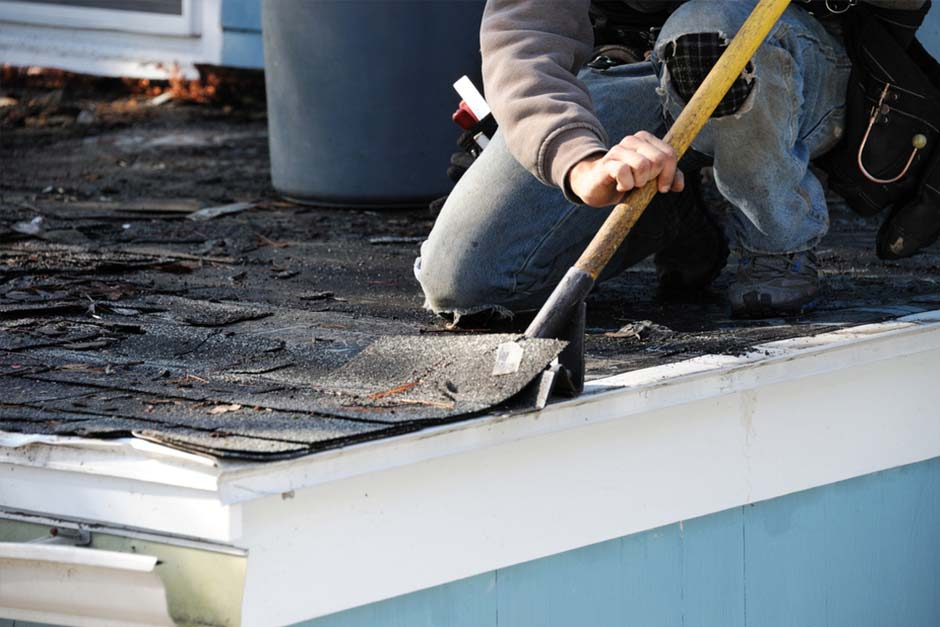What does mediation mean in the legal space?
In the legal space, "mediation" refers to a structured process where a neutral third party, known as a mediator, facilitates negotiations between disputing parties to help them reach a mutually acceptable resolution. According to the Munley Law Glossary, mediation is often used as an alternative to litigation to resolve disputes more amicably and efficiently.
Understanding Mediation
Mediation involves several key components:
Neutral Mediator: The mediator is an impartial individual who does not make decisions or impose solutions. Instead, their role is to assist the parties in communicating, exploring options, and finding common ground.
Voluntary Process: Mediation is typically voluntary, meaning that parties choose to participate in the process. However, in some cases, it may be court-ordered or required by contractual agreements.
Confidentiality: The mediation process is confidential, allowing parties to speak freely without the risk of their statements being used against them in subsequent legal proceedings. Confidentiality encourages open dialogue and honest negotiation.
Facilitation of Communication: The mediator helps facilitate communication between the parties, clarifies issues, and assists in identifying interests and concerns. This helps to narrow down the areas of disagreement and explore potential solutions.
Non-Binding Outcome: Mediation results in a non-binding agreement unless the parties decide to formalize it. The mediator does not have the authority to impose a decision, and the parties are free to accept or reject proposed solutions.
Types of Disputes Suitable for Mediation
Mediation can be used to resolve a wide range of disputes, including:
Family Disputes: Mediation can be effective in resolving family matters such as divorce, child custody, and property division. It helps families reach agreements that are in the best interests of all parties, particularly children.
Civil Disputes: Mediation is commonly used in civil cases involving contract disputes, personal injury claims, and property disputes. It provides an opportunity for parties to resolve conflicts without resorting to court.
Workplace Disputes: Mediation can address workplace conflicts, such as disputes between employees or between employees and management. It helps to find solutions that improve workplace relations and productivity.
Community Disputes: Mediation can resolve conflicts within communities, such as disputes between neighbors or local organizations. It promotes cooperative solutions and community harmony.
Legal Implications of Mediation
The mediation process has several legal implications:
Enforceability: Mediation agreements are typically not legally binding unless the parties agree to formalize the resolution in a written contract. If the mediation results in a settlement, the parties may choose to draft a binding agreement.
Court-Ordered Mediation: Courts may order parties to participate in mediation as a prelude to litigation. This helps reduce the court’s caseload and encourages settlement before proceeding to trial.
Cost and Efficiency: Mediation is often less expensive and faster than litigation. It allows parties to reach resolution without incurring significant legal fees and lengthy court processes.
Preservation of Relationships: Mediation aims to preserve and improve relationships between parties, making it a valuable tool for resolving disputes while maintaining professional or personal connections.
Mediation Clauses: Many contracts include mediation clauses that require parties to attempt mediation before pursuing litigation. This encourages dispute resolution through mediation as a first step.
Role of Munley Law Glossary
The Munley Law Glossary provides definitions and explanations of legal terms related to mediation, helping clients, attorneys, and other stakeholders understand the mediation process and its role in dispute resolution.
In the legal space, "mediation" is a process where a neutral mediator facilitates negotiations between disputing parties to help them reach a mutually agreeable resolution. Mediation is used in various types of disputes, including family, civil, workplace, and community matters. Understanding the mediation process, as detailed in the Munley Law Glossary, is essential for effectively utilizing this alternative dispute resolution method and achieving amicable outcomes.

